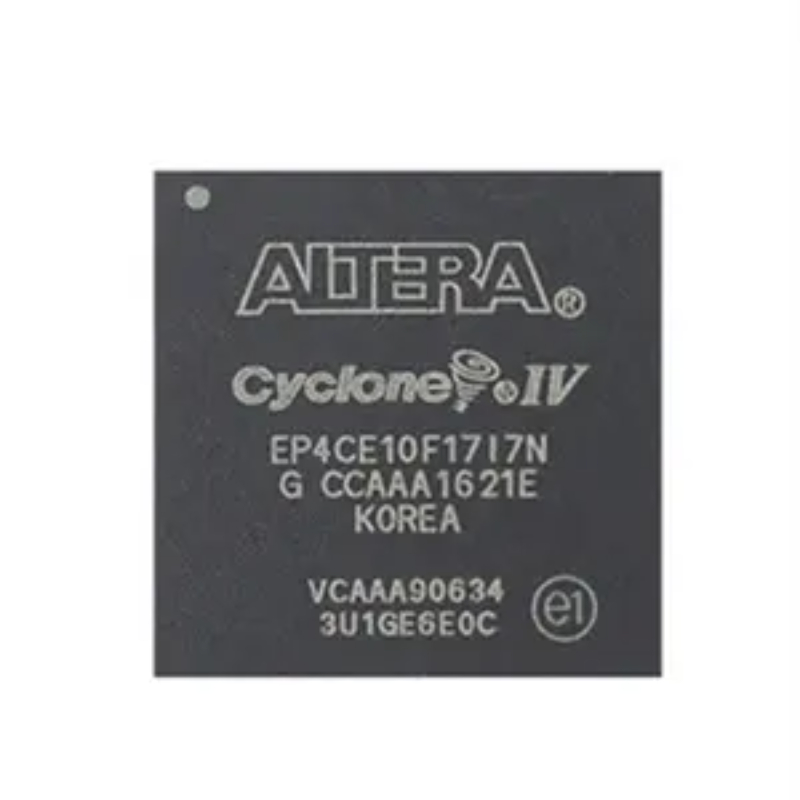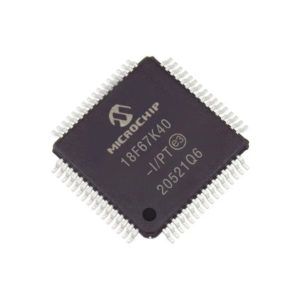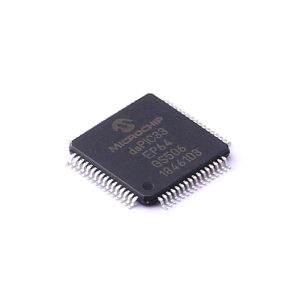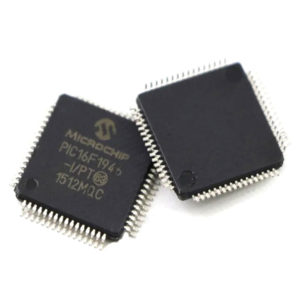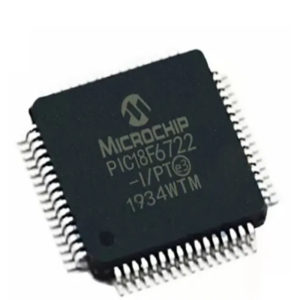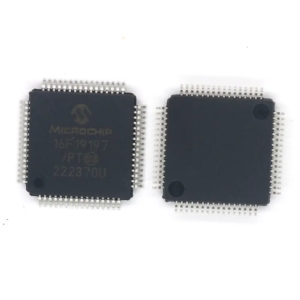EP4CE10F17I7N
| Manufacturer | Altera |
| Description | IC FPGA 179 I/O 256FBGA |
| Category | Integrated Circuit |
| Package | BGA-256 |
| Status | New & original |
| Ship From | HK/SHENZHEN |
| Stocks | 10,000 |
Please submit your BOM List or Input the part online
Description
The EP4CE10F17I7N is a specific model of FPGA (Field-Programmable Gate Array) from the Cyclone IV family, manufactured by Intel (formerly Altera). This FPGA offers 10,320 logic elements and operates with a maximum frequency of 170 MHz. The “I7N” in the part number indicates a specific speed grade and package type.
The EP4CE10F17I7N FPGA can be used in various applications, including:
1. Embedded Systems: FPGAs are commonly used in embedded systems for tasks such as system control, data processing, and interfacing with peripherals. They provide flexibility in implementing custom logic and can be tailored to meet the specific requirements of the embedded application.
2. Industrial Control and Automation: FPGAs find application in industrial control and automation systems for tasks such as control logic implementation, sensor interfacing, and real-time control. They offer precise control, high-speed processing, and the ability to interface with various sensors and actuators, enabling advanced automation functionalities.
3. Communication Systems: FPGAs are frequently employed in communication systems for tasks such as protocol implementation, data encryption/decryption, and signal processing. They provide the ability to implement custom algorithms and protocols, enabling efficient and flexible communication solutions.
4. Test and Measurement Equipment: FPGAs are utilized in test and measurement equipment for tasks such as signal generation, signal analysis, and protocol testing. They offer the necessary performance, reconfigurability, and real-time capabilities required in test and measurement applications.
5. Prototyping and Rapid Development: FPGAs are commonly used in prototyping and rapid development of electronic systems. They allow designers to quickly implement and test custom logic, algorithms, and interfaces, reducing the development time and cost.
6. Educational and Learning Platforms: FPGAs are often used in educational settings and learning platforms to teach digital design, programmable logic, and system-level integration. They provide a hands-on approach for students to understand and experiment with digital circuits and systems.



















































